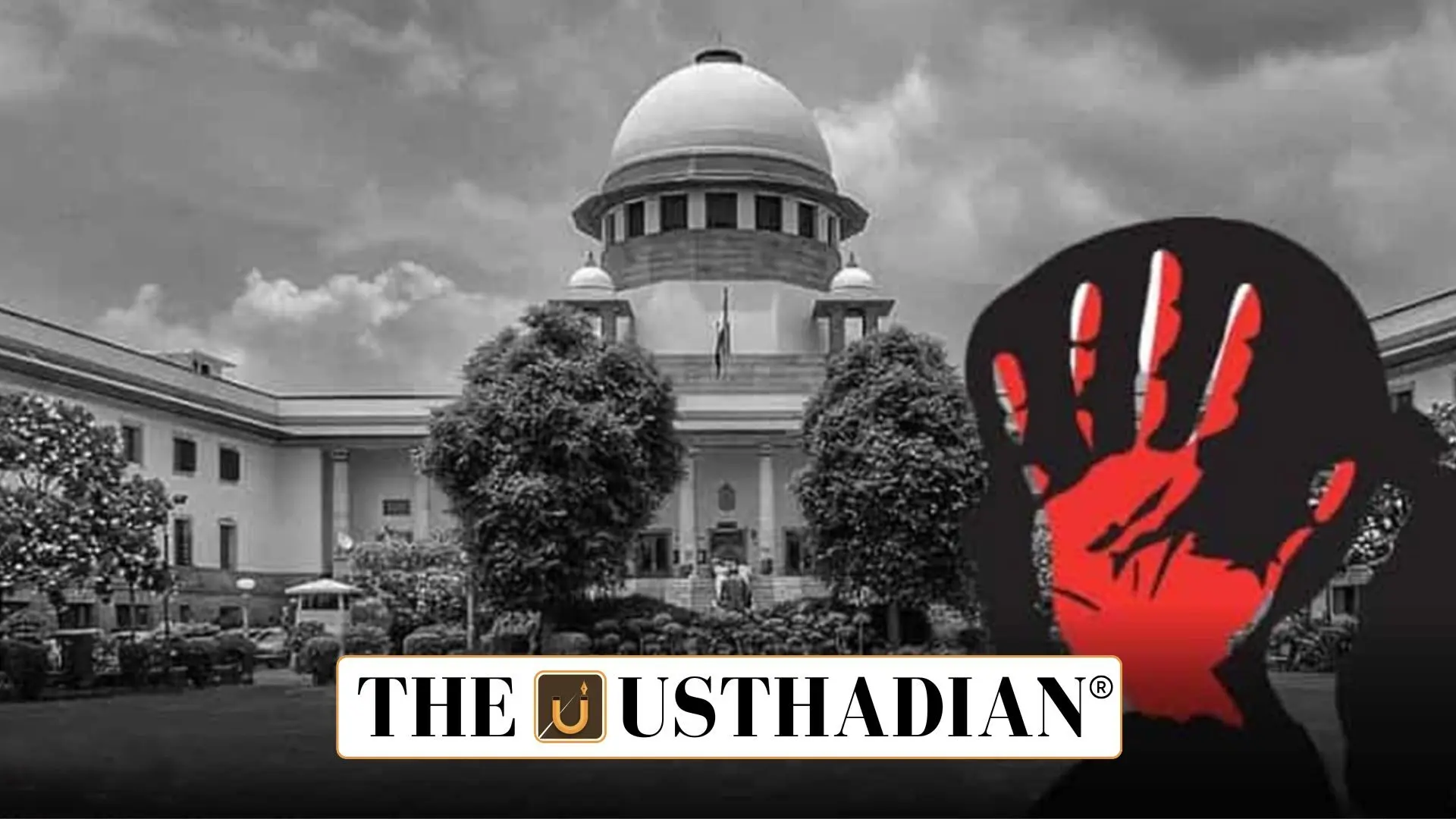Concerns Over Criminalising Adolescent Consensual Activity
Supreme Court to Review Section 19 of POCSO Act Amid Juvenile Consent Concerns: On April 24, 2025, the Supreme Court of India agreed to examine constitutional and practical issues related to Section 19 of the POCSO Act, which mandates the reporting of any sexual activity involving minors. The petition, led by Senior Advocate Indira Jaising, raised concerns that the mandatory reporting requirement—though aimed at child protection—may unintentionally harm adolescent girls in consensual relationships by compromising their privacy, autonomy, and access to health care.
Understanding the POCSO Framework
The Protection of Children from Sexual Offences (POCSO) Act, implemented on November 14, 2012, was established to safeguard individuals below 18 years of age from sexual abuse. Enacted after India ratified the UN Convention on the Rights of the Child (1992), the Act aimed to fill gaps in existing penal laws. It is gender-neutral and defines sexual offences with clarity, criminalizes non-reporting, and includes strict penalties, including the death sentence for aggravated cases following the 2019 amendment.
Section 19 and Its Legal and Ethical Dilemma
Section 19 of the Act makes it mandatory for anyone, including medical professionals and even victims, to report any suspected offence involving a minor. While designed to ensure timely intervention, critics argue that it fails to distinguish between consensual and non-consensual acts among adolescents. This may discourage teenagers from seeking medical help or counselling, fearing legal consequences, and may compromise their overall well-being.
Medical Ethics vs. Legal Mandate
Under Section 19, doctors and healthcare workers are legally obligated to report sexual activity involving minors, even if consensual. This puts them in a dilemma between upholding legal obligations and providing unbiased, confidential care. As a result, adolescents may turn to unqualified practitioners, increasing risks to their sexual and reproductive health. Advocates like Jaising argue for a shift from criminalisation to psychosocial support and education.
Reassessing the Law’s Impact
While the intention of Section 19 is to protect children, its current implementation raises concerns about infringing on adolescent rights and health. The Supreme Court’s decision to review this section opens the door for potential reforms that balance child protection with personal autonomy, especially for older teens in consensual relationships.
Path Toward Reform
Legal experts and child rights advocates are calling for amendments to Section 19 that introduce exceptions for consensual relationships between adolescents close in age. There is growing support for a healthcare and education-focused approach that promotes reproductive awareness and counselling over punitive measures. The Supreme Court’s review could pave the way for a more progressive and sensitive interpretation of child protection laws.
STATIC GK SNAPSHOT
Supreme Court to Review Section 19 of POCSO Act Amid Juvenile Consent Concerns:
| Topic | Details |
| Law in Focus | POCSO Act, 2012 |
| Key Provision | Section 19 – Mandatory reporting of offences |
| Recent Development | Supreme Court agrees to hear challenge, April 24, 2025 |
| Advocate Leading Petition | Indira Jaising |
| Who is a Child | Any person below 18 years |
| 2019 Amendment | Introduced stricter punishments including death penalty |
| POCSO Rules 2020 | Interim relief, support person for child, compensation |
| Key Concern | Criminalisation of consensual adolescent activity |
| Current Status | Under Supreme Court review |








